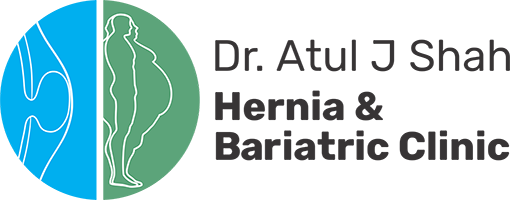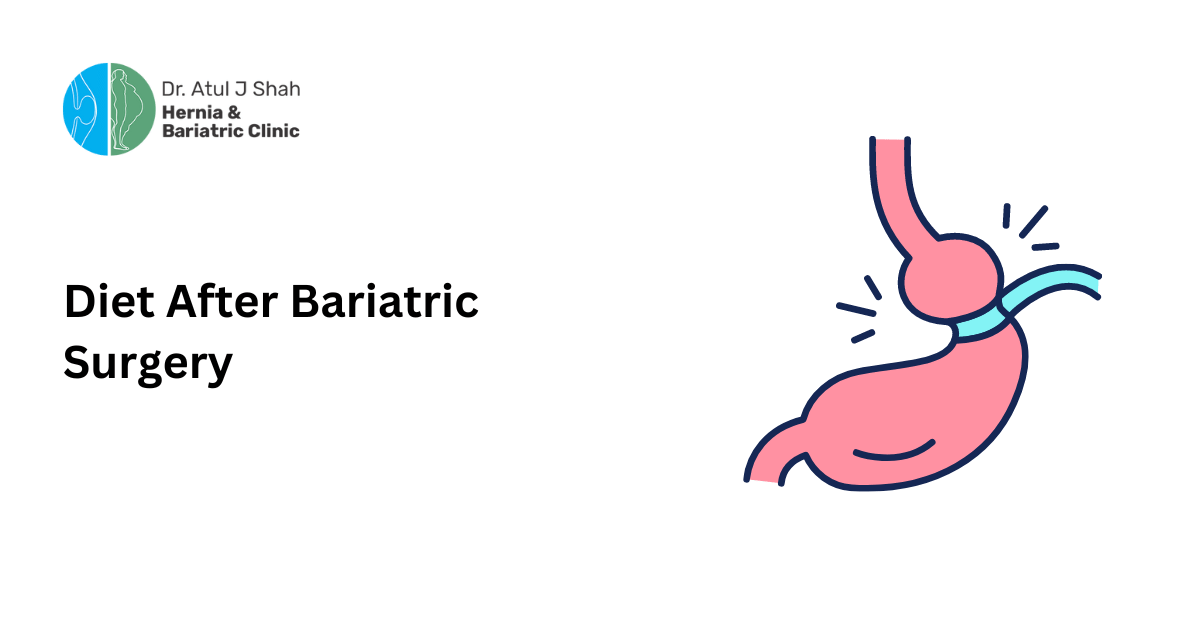What foods will be acceptable following bariatric surgery is a common concern among those thinking about the treatment. To put it simply, there are a lot of things. Following bariatric surgery, there are multiple periods of dietary restrictions, each of which calls for a somewhat different set of foods. As your stomach recovers, you can gradually add new food types to your diet.
While the specifics may vary from program to program, here are the broad procedures you may expect to follow:
Drink Only a Liquid Diet
While you’re still in the hospital, on the first day or two following surgery, you’ll start drinking clear liquids. Staying hydrated and avoiding anything that could irritate your stomach are the main objectives of this diet.
Broth, water, and sugar-free gelatin are the only clear liquids that can be consumed on this diet.
Consume only liquids
Within the first three days following surgery, you will transition to a liquid diet only.
Following bariatric surgery, it is critical to consume an adequate amount of protein. Muscle growth and maintenance and energy production are both aided by protein.
During this phase of the diet, you will consume protein drinks and milk products continuously for around 14 days.
The Puree Diet, Sometimes Called a Soft Diet
Following a complete liquid diet, you can gradually restore your tolerance to solid meals by introducing them with a pureed texture, similar to baby food. In the three weeks following surgery, you will be instructed to take a soft diet.
Scrambled eggs, hummus, and tuna/chicken salad with low-fat mayo are some of the protein-rich meals that you can eat during this phase, although you should still prioritize protein during the whole diet.
Protein smoothies will still be a part of your routine, but they won’t replace the protein you get from food.
You should still eat protein with every meal for the first five to six weeks following surgery, but you can start to challenge yourself by eating foods with harder textures. Soft fruits and vegetables, along with certain grains, are examples of these dense foods.
Also read: Major Symptoms of Poor Digestion
Maintain a balanced eating plan
You will be able to resume your normal post-operative eating plan around seven weeks following your treatment. Being aware of your “new full” is crucial at this stage since fullness may arrive sooner than anticipated.
Even though you can eat raw and fibrous fruits and vegetables with your three daily meals, protein should still be your top priority.
Conclusion
During the entire time following surgery, you should stay away from foods and liquids that might trigger unwanted side effects. People have various reactions to different foods, but some common irritants include carbonated drinks, sugary drinks, gum, and spicy food. If you suffer from gastrointestinal irritants, you should also cut out on caffeine.


